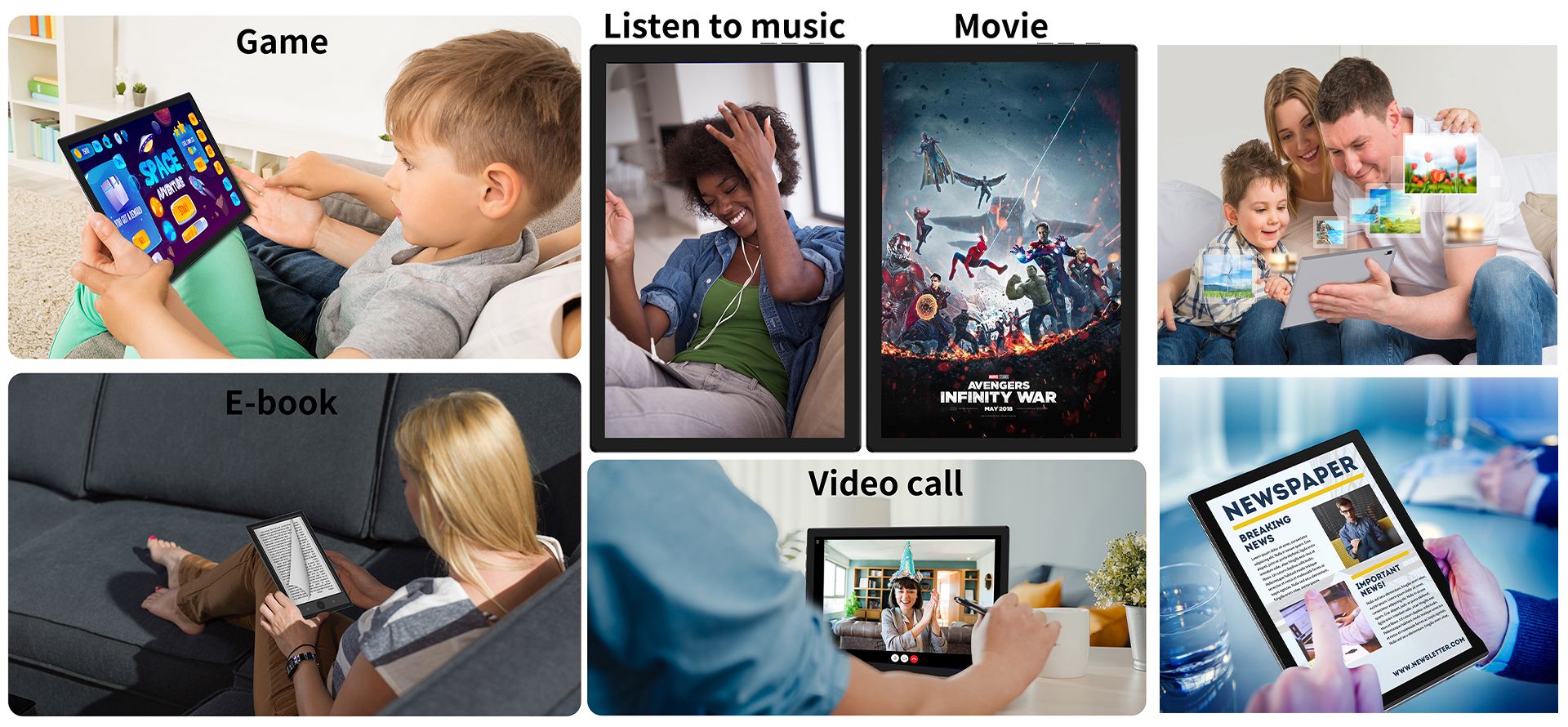
Time:2025-03-10

Tablets are increasingly equipped with NPUs (Neural Processing Units) to support advanced AI applications, such as AI-assisted writing, painting, and content creation. These features enhance productivity and creativity, making tablets essential tools for professionals in design, education, and content creation.
AI-powered tools also enable personalized learning experiences, helping students and educators achieve better outcomes in education.
Tablets are becoming more powerful, with improved processors, high-resolution displays, and enhanced battery life. These advancements make them suitable for demanding tasks like video editing, multitasking, and high-quality media consumption.
For example, devices like the Xiaomi Pad 7S Pro and vivo Pad 4 Pro feature large OLED screens, high-capacity batteries, and fast charging, catering to both professional and entertainment needs.
Tablets are playing a crucial role in education, especially with the rise of remote learning. AI-driven personalized tutoring and interactive teaching tools are transforming how students learn and teachers teach.
The integration of stylus and touch technology further enhances the learning experience, enabling note-taking, drawing, and collaborative activities.
Rugged tablets, designed to be waterproof, dustproof, and shockproof, are gaining traction in industrial, medical, and outdoor settings. These devices are essential for fieldwork, logistics, and harsh environments.
The market for rugged tablets is expected to grow significantly, driven by demand from industries like manufacturing, energy, and public safety.
Tablets are increasingly used as control hubs for smart home devices, integrating with IoT ecosystems to manage lighting, security, and other home automation systems.
This trend is supported by advancements in connectivity and AI, enabling seamless interaction between tablets and other smart devices.
Tablets are being adopted in healthcare for tasks like patient monitoring, electronic health records (EHR) management, and telemedicine. Their portability and durability make them ideal for medical professionals in both clinical and field settings.
With improved graphics capabilities and larger screens, tablets are becoming popular for gaming and interactive media. High-refresh-rate displays and powerful processors provide a console-like experience for gamer.
Tablets are increasingly used in business settings for remote work, presentations, and collaboration. Their portability and versatility make them ideal for professionals who need to work on the go.
Tablets are becoming indispensable tools for artists, designers, and content creators. Features like high-resolution displays, stylus support, and AI-powered creative tools enable professionals to produce high-quality work efficiently.
10. Sustainability and E-Waste Management
As the tablet market grows, there is increasing focus on sustainability. Manufacturers are exploring ways to reduce e-waste and improve the recyclability of devices, addressing environmental concerns.
These application areas highlight the versatility and growing importance of tablets in various sectors, driven by technological advancements and changing user needs.
